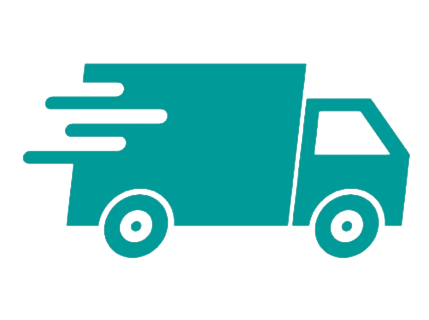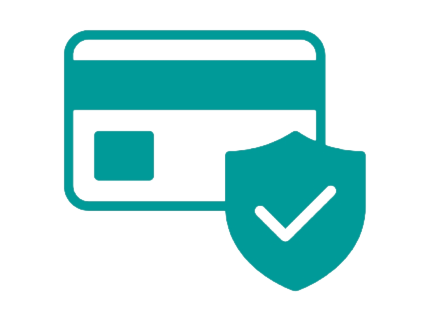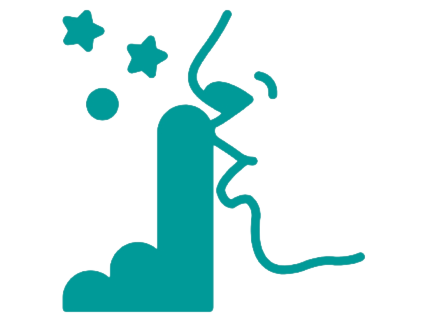CBD in HONG KONG
As Hong Kong takes its first steps to crack down on cannabidiol (CBD), companies specializing in CBD-infused beers, coffees and other products are scrambling to figure out what comes next.
An unregulated market for products containing the cannabis-derived compound has flourished since the city's first CBD cafe, Found, opened in July 2020. The Asian financial hub now has dozens of cafes and shops selling CBD, but a government proposal to ban the substance before the end of the year puts these businesses at risk.
“With a complete ban on CBD in Hong Kong, we would be forced to probably mothball the Found brand as it exists today,” said Fiachra Mullen, marketing director at Altum International Ltd, which owns Found and supplies CBD products to other businesses around town.
Although cannabidiol does not have psychoactive properties, consumers claim that this compound relieves anxiety, stress, and pain. It has become a multibillion-dollar global industry in recent years, with products ranging from snacks and gummies to
oils and cosmetics. CBD is legal in the United States and parts of Europe, as well as some Asian countries like Thailand and Japan. However, it has been banned in mainland China since last year.
Hong Kong authorities point out that the compound can break down naturally or be intentionally converted into tetrahydrocannabinol (THC) – the substance that gets marijuana users high, which is illegal in the city.
High temperatures or direct sunlight can cause CBD to break down into THC, according to physician Dr. Michael Fieldman, clinical assistant professor in the Department of Psychiatry at the University of Hong Kong.
“If CBD is not stored properly, it can cause this type of degradation,” he said, adding that ingesting THC can cause psychotropic or gastrointestinal side effects.
According to Mullen, Altum tests its products to ensure they do not contain THC. “We went to four labs to test each of our products before they were shipped,” he said.
Tammy Tam, co-founder of CBD beer brand plantB, said her company only uses products that are certified THC-free and "go above and beyond the government's compliance level."
Many consumers use CBD in hopes of improving sleep, treating pain, and improving overall well-being. A recent study found that the substance reduced the severity of chronic anxiety in young people. But Mr Fieldman said there was no concrete evidence of its benefits and most countries that have legalized CBD medicines only use them for rare medical conditions, such as severe forms of epilepsy, or multiple sclerosis.
Dr. Calvin Ho, co-director of HKU's Center for Medical Ethics and Law, expects Hong Kong authorities to ban CBD for pragmatic reasons. “When it comes to health-related issues or concerns, the government is likely to err on the side of caution,” he said.
When the ban was discussed on June 7, authorities said they intended to "introduce relevant legislation by 2022." For
CBD- focused businesses, this could mean the beginning of the end.
“It’s our only sales income,” said Tam of plantB. A ban would leave him “with no choice but to close the business.”
On the other side of the globe, Swiss companies working in CBD (
SWISS MADE WEED ) continue to develop and produce the best CBD products on the market. Maybe in the future, they will be able to deliver their products to Hong Kong.









